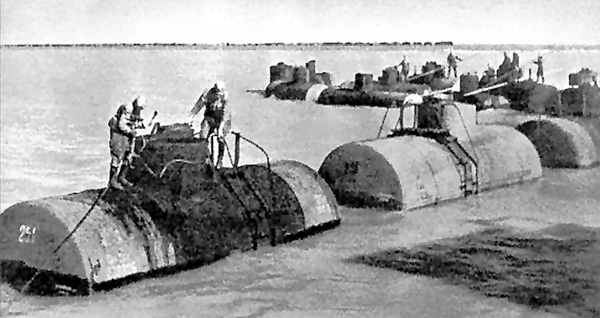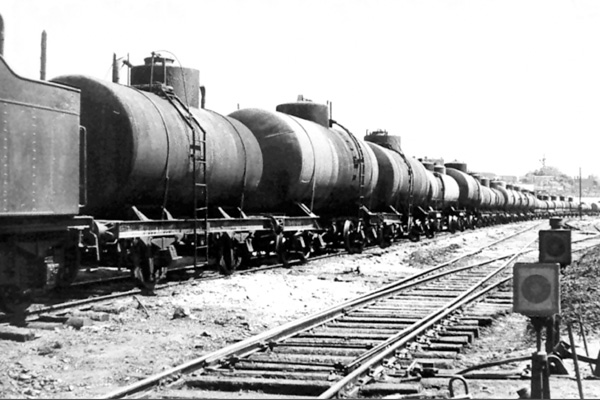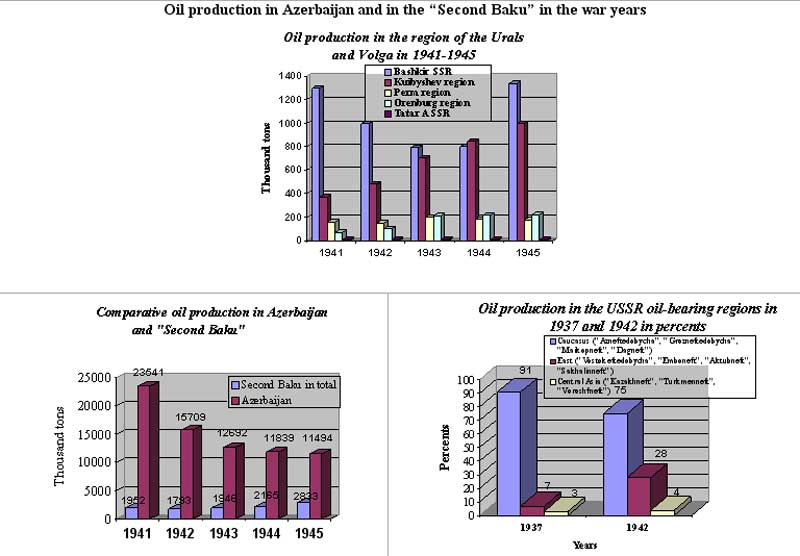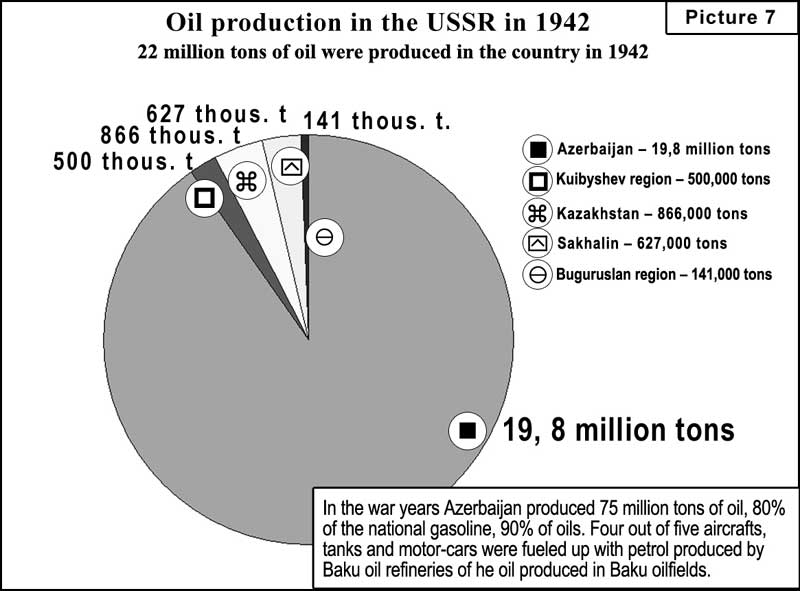In 1942, Germany's Fall Blau was initially aimed at capturing or interdicting shipments of oil from the Caucasus to the rest of the Soviet Union. Even though armies were diverted to Stalingrad and even Leningrad, the Germans managed to capture Maikop, and came within 50 miles of Grozny.
Where would the Soviet Union have gotten its oil from, if Germany instead had pursued and succeeded in an all-out attempt on the "Caucasus?" Perhaps Army Groups A and B would have moved in parallel to the lower Volga, bypassed Stalingrad, captured Astrakhan on the Caspian, and move far enough beyond to interdict oil shipments. Or Germany could have sent Manstein's 11th Army and Hoth's 4th Army along with Army Group A to the Caucasus, (leaving Paulus between the Don and the Volga for flank protection), thereby capturing Grozny and isolating Baku.
Early in the war, the Soviet Union had moved hundreds of factories to the Urals from soon-to-occupied territory to Sverdlovsk and Magnitogorsk. My sense is that they would have had adequate, though not ample supplies of oil to fight a war from around the Urals, and east of Moscow, without the Caucasus. After all, Germany managed to continue fighting with "only" Romanian oil supplies (and beyond 1944 without them).
But one of my history teachers taught that without Caucasus oil, the Soviet Union would have had to make a "Carthaginian" peace. Could someone with a knowledge of Soviet geography tell whether I or my teacher was right about the Soviet Union's ability to continue fighting World War II without Caucasus oil?



